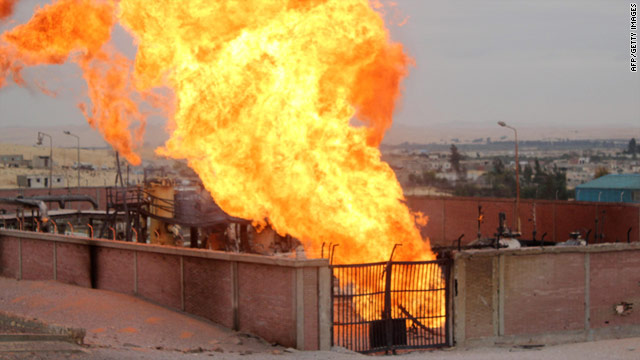There is a consensus in US political circles that the issue of Arab democracy is not a priority for US presidential candidates Republican John McCain and Democrat Barack Obama.
This is not only attributable to the dominance of domestic issues, primarily economy, health, immigration and climate, over the election campaign of both candidates. The dominance of the issues of Iraq and Iran over the US foreign policy agenda and the burdensome legacy left by the current President George Bush regarding this issue will complicate the task of the next president, whatever his ideological background.
However, US think tanks and research centers are noticeably interested in the issue of Arab democracy, and there is a near consensus among many researchers that spreading democracy and promoting freedom in the Arab world are fundamentals that no US president can abandon. Many of those researchers are convinced that President Bush did not err in adopting the principle of spreading democracy, but the mistake was in his modus operandi.
It seems that both US presidential candidates want to return to the old rule that has governed US foreign policy for more than six decades, namely ensuring stability through supporting authoritarian regimes in the region. It is the same rule lately espoused by President Bush against the backdrop of the abrupt political ascendency of Islamists in more than one Arab country.
McCain, who represents an extension of the neo-conservative school, believes that the priority in the Middle East in the next phase should be to support the war on terror on the one hand and contain the Iranian threat on the other.
In spite of his implicit criticism of authoritarian practices in the Arab world on the grounds that they foment extremism and terrorism, McCain does not regard democracy a panacea for this problem. He contradicts himself because he insists in all his meetings and interviews in the media on the need to accomplish the mission in Iraq, through building a genuine democratic system, even if the price is to stay there for “a hundred years, as he put it.
Meanwhile, he never stops promoting the idea of establishing a confederacy bringing together democratic countries under one roof to work for peace and freedom around the world.
On the other hand, Obama seems more committed, at least if compared with his Republican rival, to the question of spreading democracy in general, as he pledged in one of his rallies a few months ago to provide the necessary financial and moral assistance for US democracy-promoting organizations such as the National Endowment for Democracy and other civil society groups working in the same field. However, he did not address the issue of supporting democracy in the Middle East, as he does not have a clear vision of how to achieve this.
Perhaps the worst thing in both candidates’ rhetoric is that they link the issue of spreading democracy to fighting terrorism. They seem to be affected by the legacy of President Bush in this regard, raising serious doubt about their ability to get rid of this legacy if one of them wins the White House.
This thesis will fail if tested. Although Pakistan is a democratic state, at least if compared with their counterparts in the Arab world, it is a major spawning ground for extremists and hardliners both internally and externally.
Although some Arab countries such as Morocco, Tunisia, Lebanon and Egypt enjoy varying degrees of limited freedoms and political openness depending on the dynamics of the relationship between their politicians, they all suffer from some degree of undeniable instability.
Khalil Al-Anani is an expert on Political Islam and is a Patkin Visiting Fellow at the Saban Center at Brookings Institution. E-mail: [email protected].


